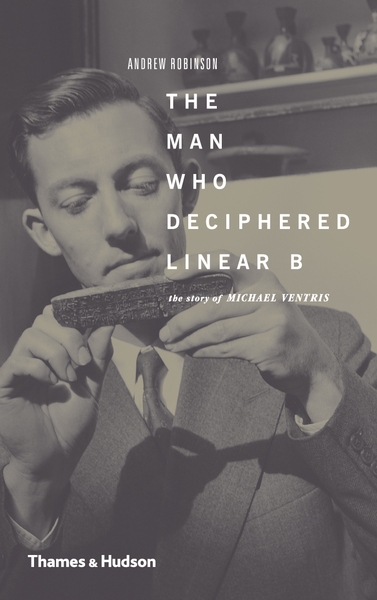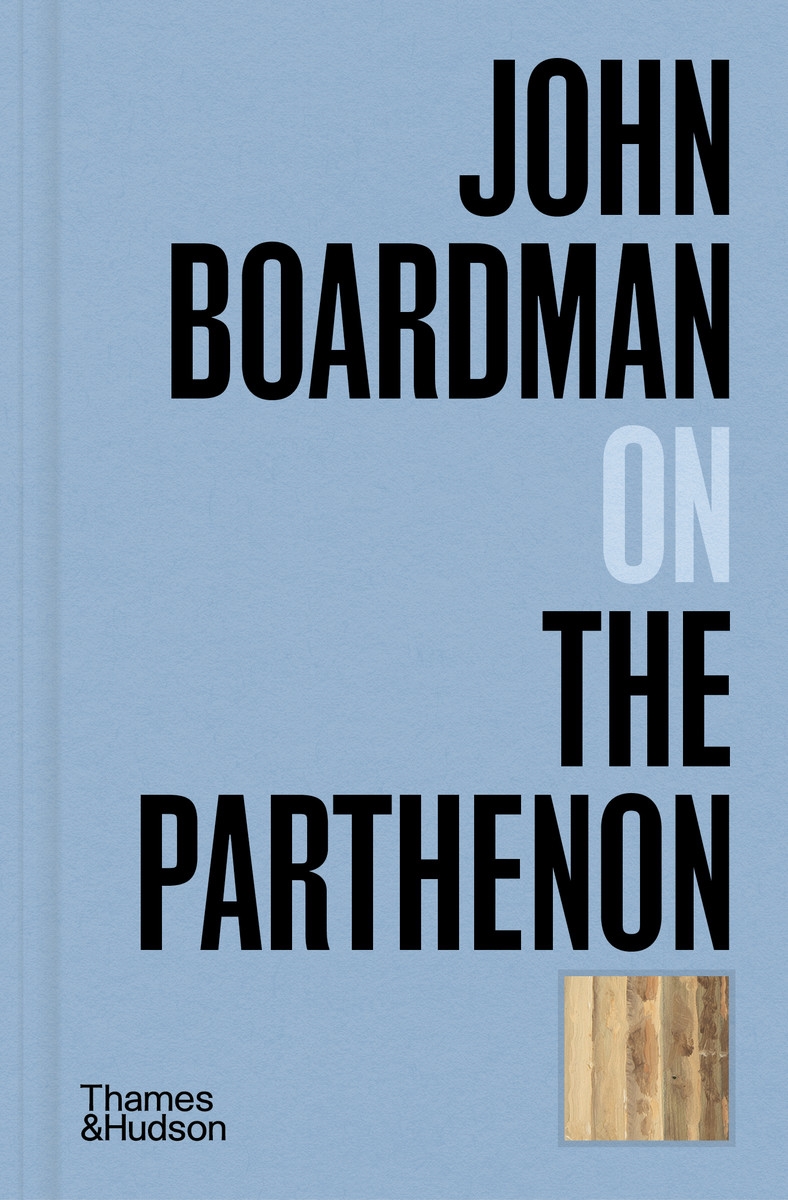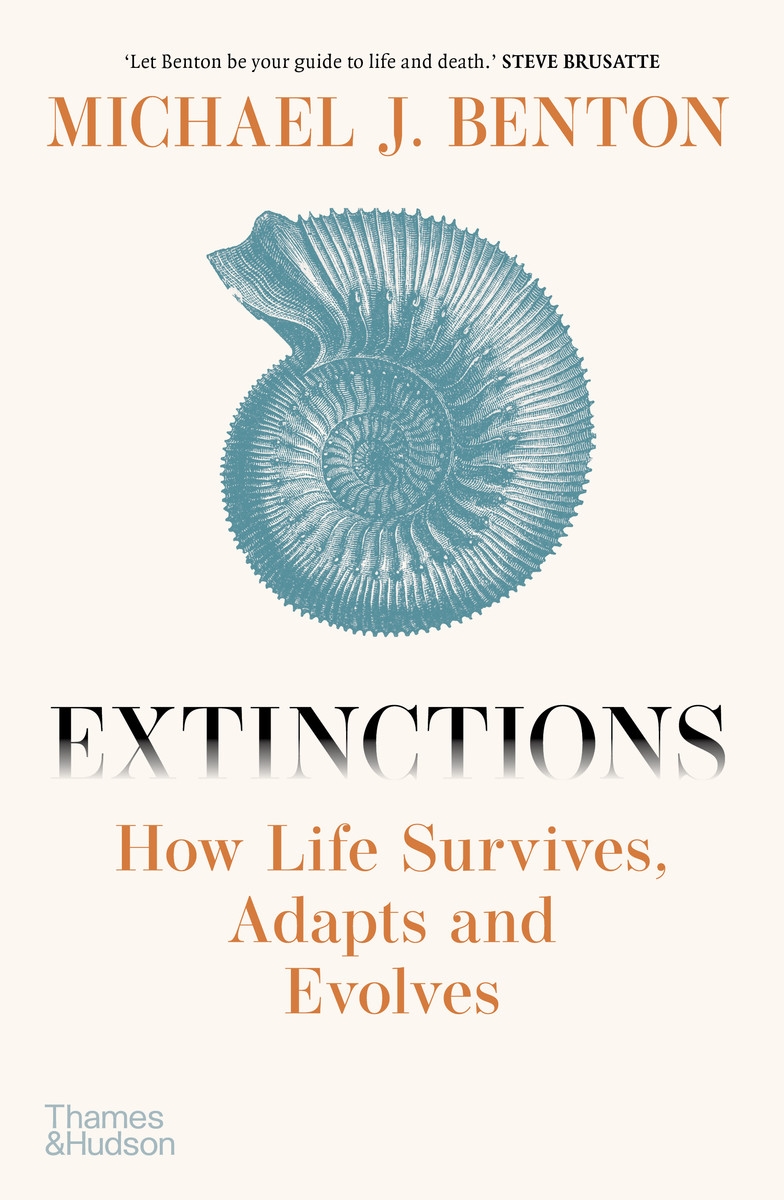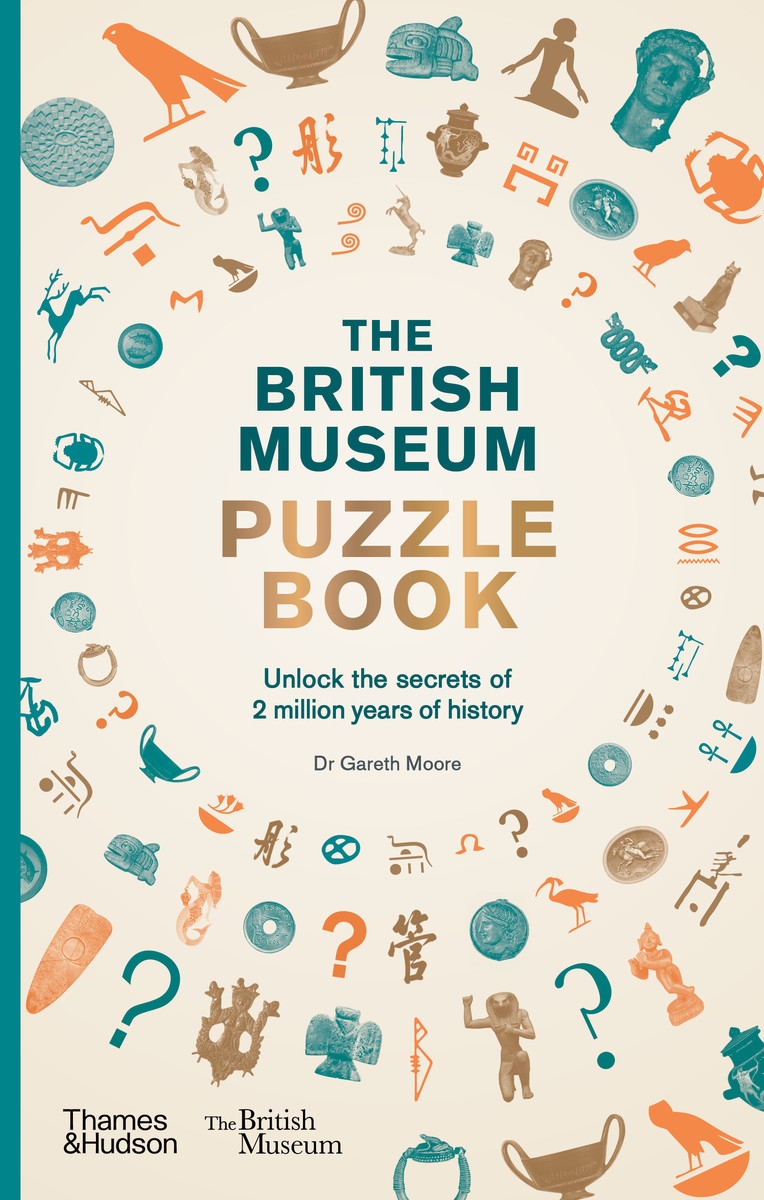Description
First discovered in 1900, on clay tablets among the ruins of the Palace of Minos at Knossos in Crete, Linear B, Europe’s oldest writing, remained a mystery for over fifty years. In 1936 Michael Ventris – then a fourteen year-old schoolboy – visited an exhibition at the Royal Academy where the tablets were displayed and heard Sir Arthur Evans, the archaeologist who had discovered them, confirm that the tablets had not yet been deciphered. Ventris was a talented linguist and decided then and there that he would be the one to find the key to Linear B.
Dubbed the ‘Everest of archaeology’, the decipherment was all the more remarkable because Ventris was not a trained classical scholar but an architect whose first, youthful, introduction to Linear B became a lifelong obsession. In 1952 he finally decoded the symbols, finding that its signs did not represent an unknown language as previously believed, but an archaic dialect of Greek, more than 500 years older than the Greek of Homer.



